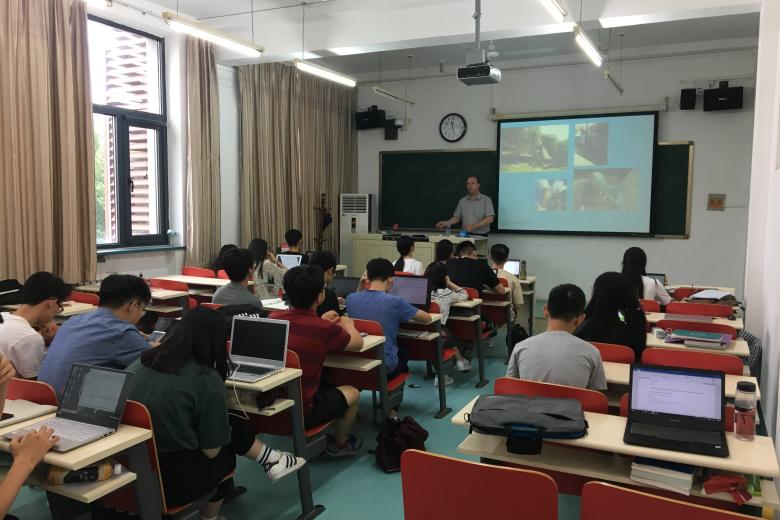
Latest blog articles
-

-
Why AI-enabled price discrimination is not always undesirable: lessons from law and economics
Digitalization has gradually changed business models and reshaped human lifestyles. The rise of business models based on the collection and processing of consumer data allows undertakings to charge business customers and final consumers different prices for the same goods or services, offered at...

-
Attendance matters!
As course coordinator and tutor for the only mandatory law course in the Bachelor in European Studies, I typically start the course with a clear message to students: Law as a discipline has its own language and logic and you can only get the hang of it by doing it. This means attending and...

-
Splitting up Big Tech companies? Let’s think about the consequences!
Recently I was interviewed by Dutch news radio station BNR on the question whether there are legal or economic arguments to split up Big Tech companies like Facebook, Google, Amazon, Apple and Microsoft. Because the interview was short, I could not give a truly balanced answer. Rather, from my Law &...

-
Boards of appeal of EU agencies at a crossroads
The Boards of Appeal established for the decision-making agencies perform a function that lies between exercising administrative review, at the one end, and offering judicial review, at the other. It is still unclear in which direction they will ultimately move, and more research in this fast...

-
Resisting membership fatalism
While we fully agree with the main thrust of the editorial ‘The Exit Door’ on Verfassungsblog last Friday, we would like to warn against its seemingly fatalistic mindset. Yes, a Polexit from the EU is not on the table until the Polish government itself pushes the Article 50 TEU button, but the other...

-
A hollow threat
On 10 June, the European Parliament passed a resolution on the application of the Conditionality Regulation. In it, it recalls its resolution of 25 March earlier this year where it requested the Commission to adopt the guidelines for the application of the regulation by the first of June.

-
The importance of academic collaboration with China
Recently there has been a strong wave of anti-China sentiments expressed in the media and within certain political circles, both in the United States and within the European Union. The Netherlands has been no exception to this.

-
To CETA or not to CETA: Reflections on ISDS and the special responsibility of national parliaments
In a reaction to an EJIL: Talk! post by Baetens et al., Arcuri et al. claim that the Dutch parliament has the right to reject CETA and also argue in favour of it doing so. The post by Arcuri et al. raises important points that merit further discussion, among legal academics and practitioners...

-
Why the EU can sue the UK
In a piece published on the Spectator’s website on the 3d October, Steven Barret erroneously argues that the EU cannot sue the UK.
